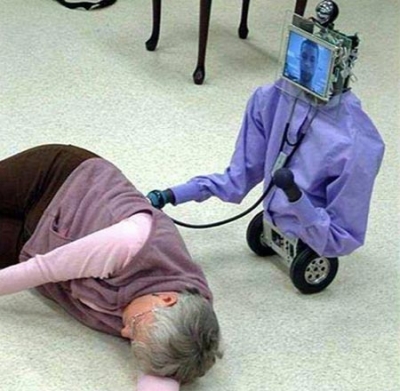 Just before Christmas the latest Pew survey of experts’ views on the future of the Internet was published. Offering a series of predictions on how the Internet will look in 2020, the comments of those involved in the creation and development of the Internet, as well as business, government and academic thinkers, make for fascinating reading. Will technical or security considerations mean we need a whole new Internet, a ‘clean slate’? Will changing technology change how we relate to one another, for instance making us more ‘forgiving’ or ‘tolerant’? The survey covers issues such as privacy, security, the work/life balance, the use of virtual worlds for medical and military training, and whether the proliferation of mobile devices in the third world can bring development. Also implicit is the question of how we can predict the future at all. But just for a flavour, here are some quotes:
Just before Christmas the latest Pew survey of experts’ views on the future of the Internet was published. Offering a series of predictions on how the Internet will look in 2020, the comments of those involved in the creation and development of the Internet, as well as business, government and academic thinkers, make for fascinating reading. Will technical or security considerations mean we need a whole new Internet, a ‘clean slate’? Will changing technology change how we relate to one another, for instance making us more ‘forgiving’ or ‘tolerant’? The survey covers issues such as privacy, security, the work/life balance, the use of virtual worlds for medical and military training, and whether the proliferation of mobile devices in the third world can bring development. Also implicit is the question of how we can predict the future at all. But just for a flavour, here are some quotes:
‘While air-typing and haptic gestures are widespread and ubiquitous [in 2020], the arrival of embedded optical displays, thought-transcription, eye-movement tracking, and predictive-behavior modelling will fundamentally alter the human-computer interaction model. What we think is performed almost in real time…’
‘This one sounds too much like the Kitchen of the Future at some 1930s World Fair; I think we’ll have better, more adaptable devices, but I doubt we’ll be air-typing’
‘…there will be ‘subvocal’ inputs that detect ‘almost speech’ that you will, but not actually voice. Small sensors on teeth will also let you tap commands. Your eyeballs will track desires, sensed by your eyeglasses. And so on.’
Sensors on our teeth! Thought-transcription! Its worth a look.
